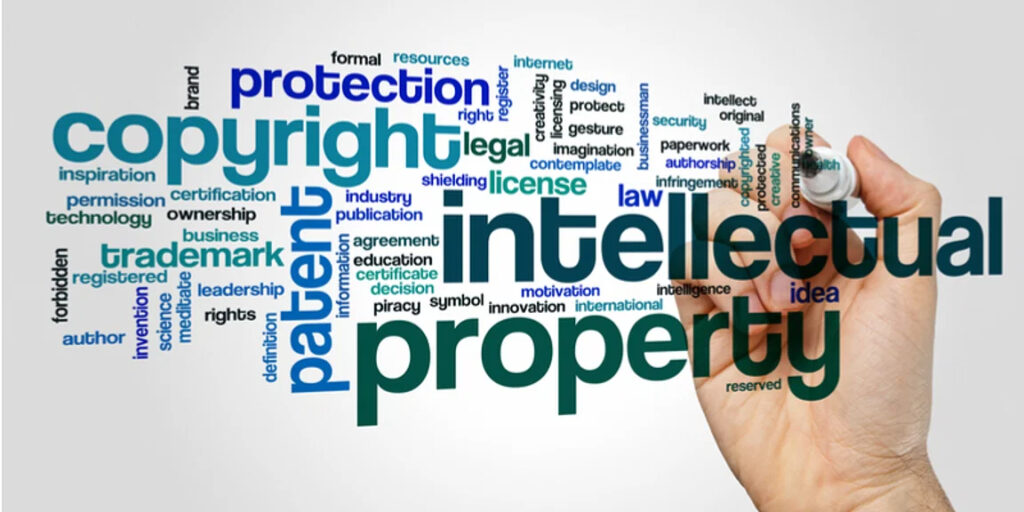Few months ago, there was a trending news about Nigerian Comedian and skit maker, Emmanuel Chukwuemeka Ejekwu, popularly known as Sabinus (A.K.A Mr Funny) who through his legal team, sued two Nigeria’s food companies – Friesland Foods, makers of Peak Milk and UAC, makers of Gala over what he has described as “unauthorised usage of his trademark”, has got many talking on social media.
As reported earlier by WithinNigeria, while Peak Milk used his catchy phrase “something hooge”, sausage roll giants, Gala, used his photos though with another color in their ads campaign.
Reactions from the Accused
Despite all these allegations, both Friesland Foods and UAC don’t seem bothered as they have yet to bring down the ad creatives at the time of writing this article.
Sabinus’ legal team has issued a 14-day ultimatum to two popular food brands to pay him for using his intellectual property or face court actions.
During this saga, certain words in Corporate Law are being discussed, leaving many to wonder what they mean. In this article, we will look at these words that make up a person’s or company’s intellectual property and what they mean in the Nigerian Ecosystem.
INTELLECTUAL PROPERTY (IP)
Intellectual property is described as a set of intangible or non-physical assets owned and legally protected by a company or individual from outside use.In a simple term, it means the legal ownership of ideas. Unlike tangible assets to your business such as computers or a building, intellectual property is a collection of ideas and concepts that are peculiar to a content creator or company and protected by Law. In this Sabinus’ case, his standing posture & “something hooge” can be referred to as IP.
IP is important because it allows people to benefit from the information and intellectual goods they create, and helps protect their ideas and prevent copying. IP comes in different forms and the most common are Trademark, Franchise, Copyrights, Patent and Trade secret.
TRADEMARK
According to Investopedia, a trademark is a symbol, phrase, or insignia that is recognizable and represents a product that legally separates it from other products. It is a ‘mark’ exclusively assigned to a company. What this means is that a trademark shows that a company or individual owns the particular trademark so, no others may use or copy it. A trademark is often associated with a company’s brand like Logo, colour, slogan, etc.
According to Resolution Law Nigeria, a registered trademark is an identity and distinction that sets apart products of particular providers from those of others in the marketplace and affords the opportunity to benefit from the valuable reputation built over time in course of using the trademark. There are currently 45 classes of trademarks according to the trademark classification guidelines in Nigeria. Classes 1 to 34 are for goods, while Classes 35 to 45 are for services.
COPYRIGHT
Copyright is a legal safeguard that is used to protect the original creation of a product or intellectual property from imitators and even competitors. When a person or company creates a product that is viewed as original and that requires significant mental activity to create, this product becomes an intellectual property that must be protected from unauthorized duplication. In simpler terms, copyright is the right to copy someone’s original work.
A copyright states that the original creators can grant anyone authorization through a licensing agreement to use the work. This means that the original creators of products and anyone they give authorization to, are the only ones with the exclusive right to reproduce the work. Any other person who does so will be sued for infringement of Intellectual property.
However, to enforce your right to copy your work, you must obtain copyright registration. This legally protects your work from infringement of IP.
Note: Not all types of work can be copyrighted. A copyright does not protect ideas, discoveries, concepts, or theories which haven’t been written down or postulated. Brand names, logos, slogans, domain names, and titles also cannot be protected under copyright law – these fall under trademarks.
PATENTS
A patent is an IP that gives the owner the exclusive right to manufacture or produce something and the right to prevent others from producing or manufacturing a product that infringes on the patent.
Patents are used to protect an invention or discovery over a period of time. To qualify for a patent the invention must be a new and unique creation. Patents are actually for inventions and discoveries.
BRAND PIRACY
Brand piracy is a form of IP abuse where a person or company uses product features such as name, logo, design, etc. similar to that of another well-known brand to take advantage of its Reputation. It is illegal because it infringes on trademark laws.
Companies or individuals that commit brand piracy design their products to resemble the original products of other popular brands, to mislead consumers, which helps them make profit. Brand piracy comes in many forms and can be difficult to control.
In the case of Sabinus, Gala used a cartoon character that looks like the comedian, with the same gesture although the color of cloth was different. Sabinus can argue that his style and looks, which defined his brand, were pirated.
FRANCHISE
A franchise is a license or rights granted to an individual or company ( called franchisee) to use the property (trademark, product, service or content) of the owner or originator of such property (called the franchisor).
In this case, a franchise could be Peak, using Sabinus’ trademark word like “something hooge”, after they have been licensed by Sabinus (the franchisor) to do so. This is very common in the restaurant business where a small restaurant can use the name of a bigger restaurant, as well as their building, logo, colours, etc to get more customers. A good example is Chicken Republic’s franchises around the country.
